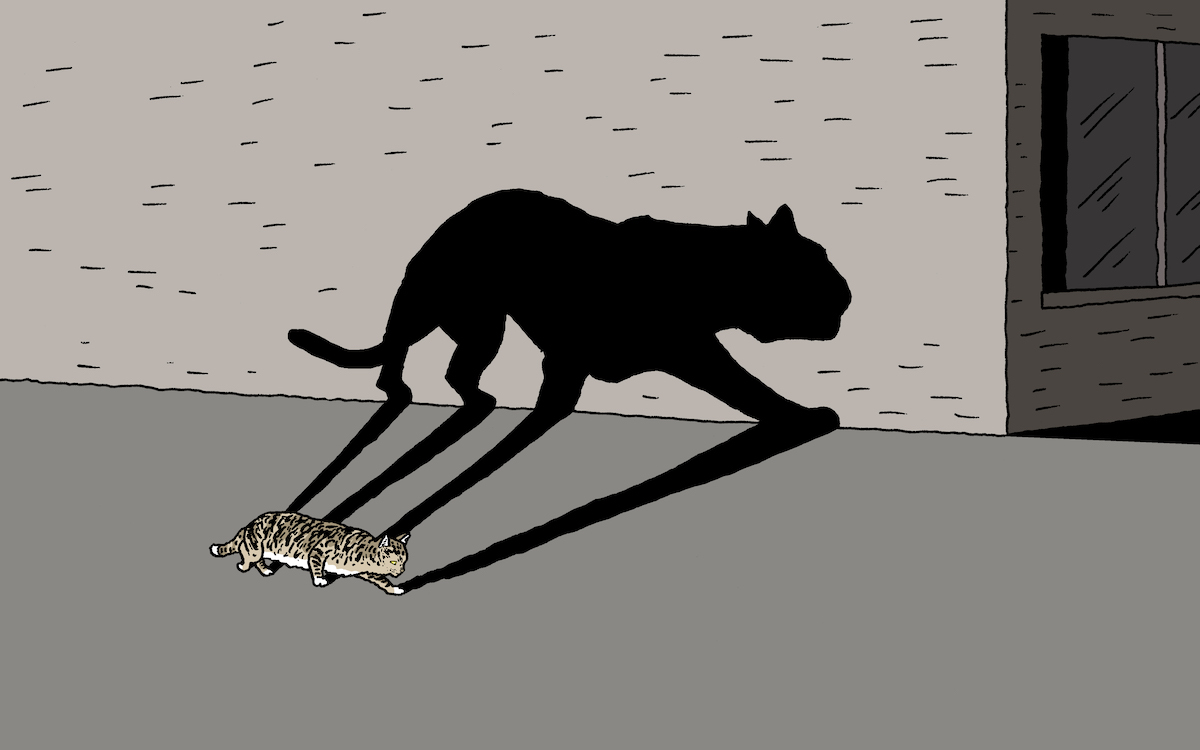ICYMI: Cougar Alert, Trump’s Sharpie, Dim Bulbs, Vegan Teslas & More
A weekly roundup for busy people

A cougar reported to be prowling near a metro Vancouver elementary school turns out to be a “large domestic cat.”
Bahamian officials fear a “staggering” death toll after Dorian ravages Abaco and Grand Bahama Islands as a Category 5 hurricane.
President Trump displays a National Hurricane Center map of Dorian’s projected path crudely doctored with a Sharpie to include Alabama, so he doesn’t have to admit he was wrong in a tweet.
Trump’s trade war with China could lead to Washington, DC’s National Zoo losing its pandas.
The Department of Energy rescinds energy-efficiency standards on 3 billion lightbulbs.
The Australian government’s quinquennial Outlook Report on the health of the Great Barrier Reef downgrades its prospects from “poor” to “very poor,” its greatest threat being climate change.
The National Marine Fisheries Service is taking public comments on its plan to kill more than 1,100 sea lions annually on the Columbia River in order to bolster endangered salmon and steelhead.
Arizona joins New Mexico in banning coyote-killing contests.
The Bureau of Land Management offers a $58,000 reward for information on who is killing wild burros in California’s Mojave Desert. Forty-two have been shot there since May.
In an attack called “beyond extremely rare,” a Minnesota woman is killed by a black bear.
Tesla’s Model X is now entirely vegan.
The far-north Alaskan village of Utqiaġvik smashes its previous record for consecutive days above freezing.
Joe Balash, a Trump appointee in the Interior Department who helped open formerly protected areas of Alaska like the Arctic National Wildlife Refuge to oil and gas drilling, joins a private firm called Oil Search, which focuses on oil and gas drilling in Alaska.
Denmark will ban PFAS chemicals from food packaging.
Facebook signs a deal to buy 200 megawatts of power from the Aviator Wind Project in Texas, which will eventually be the largest single-site wind project in the US.
The discovery of 16,500-year-old human artifacts in Idaho suggests that humans arrived in the Americas by sea rather than a land bridge across the Bering Strait.
 The Magazine of The Sierra Club
The Magazine of The Sierra Club



